Nicolaj “Incarnation” Jensen has been something of a dirty secret in the European League of Legends scene for some time.
Jensen was at one time one of the most vilified players in League of Legends—and not without reason. At one point the number one ranked player on European servers, Jensen was also known for a terrible temper. When Riot Games permanently banned him from the game on the Jan. 23, 2013, it cited not just abusive behaviour, but also allegations of DDOSing other players.
That was supposed to be the end of his career.
However after a period of reflection about his behavior, Jensen returned to the game. He focused on coaching, and was shortly recruited by the long-standing SK Gaming to help bolster their team. Jensen had an immediate effect.
In his first season coaching the team, SK Gaming finished atop the regular LCS season in the Spring split, boasting a 64 percent win rate. This split, despite a fourth-place finish in the regular season, they managed to qualify for the upcoming World Championships in Korea, a feat many had thought beyond them. The players all acknowledge Jensen’s contribution in this success.
Just two days ago, however, Riot Games informed the team that Jensen wouldn’t be allowed backstage, nor into the practice or stage areas, at the World Championships. This effectively prevented him from fulfilling his coaching role. The decision had seemingly come out of the blue, as Jensen had attended events and LCS tapings before. And it was only made public through the popular League of Legends talk-show “Summoning Insight” when Christoph “nRated” Seitz, SK Gaming’s support, appeared as a guest.
The Jensen situation had been something on an elephant in the room for journalists for some time. I had wanted to write about his path to “redemption” as a standalone article, but that was ultimately impossible, because SK Gaming were worried about potential reprisals. Before every interview with SK players, the small talk before the camera started rolling would usually culminate with a request to not mention Jensen at all, because they didn’t want to deal with the Riot aftermath.
This is quite typical in the business. Riot use their financial influence over teams and players in this way with regularity. It was evident Riot didn’t like Jensen’s role on the team and would prefer it not be public. But it felt equally uncomfortable nipping it in the bud.
There has been a lot of misinformation spread about Jensen’s initial ban. This is understandable: The reality isn’t particularly cut and dry. When the permanent ban was issued by Riot in January, 2013 it wasn’t just based on the number of reports the player had received—which were significant enough to see him punished on three occasions—but also the matter of DDOSing other players in the highest Elo bracket.
Under a section headed as “Facts” Riot’s ruling stated:
“On multiple occasions, he has publicly and unapologetically admitted to engaging in a series of DDOS attacks against high-Elo players.”
The wording of this is significant. Riot do not claim it has evidence he orchestrated DDOS attacks against players. DDOS attacks are rarely perpetrated with the attacker’s PC, and tracking them can be difficult. Instead, Jensen has been penalized for simply saying that he has DDOS’d people, which isn’t necessarily proof that he did. It is, however, hard to argue for him when quotes such as this can still be found on World of Warcraft forums like Arenajunkies.com—despite Jensen’s best efforts to delete every trace of them from the internet:
“Riot is full of shit and a worse company than blizzard, i did indeed ddos the player Youngbuck alot of times, due to hatred, but i also stopped, when we qualified to S3 and i got permabanned on that account for DDOS’ing him, so i already received my punishment”
Subsequently, Jensen has denied that he ever DDOS’d anyone and that these “admissions” were made to preserve some sort of “1337” mystique about his capabilities. What we can determine is whether the attacks took place in the first place. All Riot have provided, to this end, is a single screenshot, one that shows Jensen posting a geolocation of an IP address that was obtained through Skype.
It’s worth noting that the IP he has grabbed is based in the Netherlands, where the alleged target Joey “YoungBuck” Steltenpool is from. This, of course, doesn’t prove that he did anything with the address. It’s very easy to grab this information through Skype, which is why the bulk of Riot’s guide to DDOS protection focuses on the chat program.
Jensen has sent formal appeals against the ruling and asked for evidence of his DDOSing activity. Riot have never been forthcoming. The reason? The sum total of its evidence revolves around screenshots of Jensen’s own boasting. Here’s what one of the allegedly affected players recently told me:
“His biggest problem was that he was always bragging about what he did. All it takes is a screenshot sent to Riot and you’re obviously going to be in trouble. He publicly admitted to DDOSing Youngbuck I think but he had claimed that he had done it to others and Riot obviously believe that he did. Certainly Youngbuck wasn’t the only pro who complained about him.”
This all makes it hard for anyone to really come out and champion Jensen publicly, especially when he has done a solid job of incriminating himself. When I first heard about his alleged behavior on one of my talk shows, my opinion would be fairly summarized as “fuck him.” And that sentiment was probably reflected by the majority of the community.
However, the more I learned about the situation the more I have come to feel that the ruling is problematic, and was most likely based on second-hand information, screenshots, and chat logs. These are all fine for securing a “conviction” in the court of public opinion. However, I do believe that when you are going to make a decision that will invariably affect someone’s livelihood and reputation, you have to be absolutely certain. It’s got to be more than a gut call. Based on the evidence that I am aware of, I’m not sure how Riot can be so certain.
Which brings us to the ruling itself. Here’s what Riot explicitly forbade Jensen from attending:
– Ineligible to compete in the LCS Season Three European Qualifier in Warsaw, January 25-27, 2013.
– Ineligible to compete in the LCS indefinitely; this suspension shall commence immediately.
– Ineligible to compete in any Riot-affiliated League of Legends tournaments indefinitely; this suspension shall commence immediately.”
The wording hasn’t helped Riot at all, perhaps due to a lack of foresight about the rise of coaches and analysts, or perhaps just because of a lack of experience in handing out rulings of this nature. For whatever reason, the ruling focuses on Jensen’s capacity to compete—not to coach. You would need to twist language to a breaking point for it to encompass anything other than playing.
Riot is a game developer that happens to run a popular and lucrative competitive league for its game. By all means, this give Riot the right to dictate who can and can’t compete in that league, even if its decisions are often inconsistent.
Some players with a history of “toxicity”—the buzzword Riot use to describe not respecting your fellow players—get the book thrown at them, such as Christian “IWillDominate“ Rivera who received a year ban, or Khaled “Darkwinjax” Abusagr who was permanently banned. Then there are examples like Jamie “Sheep” Gallagher, who had a history of similarly bad behaviour and racism on his account “Best Ashe Africa”, and yet was nevertheless approved for competitive play in the LCS without any pause for thought. This inconsistency is ultimately little more than a talking point, because Riot ultimately is the one who decides who can and can’t play their game.
Yet organizations have a life of their own outside of Riot and League of Legends. They are businesses in their own right and, as such, have the right to make employment decisions about who can and can’t represent them. A coach falls under that remit—someone the organization deems can improve their team, and gets employed accordingly. Riot don’t employ the coaches, don’t pay them directly, and ultimately don’t have to interact with them at all (yet they choose to, as you will see shortly) as they run their broadcasts.
So, to bring this back to Jensen’s case: SK Gaming tried to shield his involvement from the public, as the organization did not want to deal with Riot reprisals or interference.
When Riot did become aware, SK Gaming entered into a dialogue about potentially altering the nature of Jensen’s ban so this secrecy would no longer be necessary. In the past, he’d been acknowledged by Riot employees. He attended LCS tapings and was granted the same access as any coach. Jensen has been clearly instrumental in the team’s recent successes, as acknowledged by SK players and management alike. Suddenly, after the team manages to qualify for worlds against the odds, Riot decide that he will not be allowed to attend with his team.
Keep in mind there is absolutely nothing in the initial ruling that mentions his right to coach a team in LCS. This alone makes it questionable. In all sports leagues, much as they are in law, rulings are absolute. You don’t get to go back and change them with the caveat “well, we also meant to say…”
At this point it’s fair to judge the decision as one of two things. The first is simple incompetence. There’s a chance Riot failed to deal with the matter initially because it felt SK Gaming wouldn’t qualify for worlds—so why add awkward drama to a season that has already been full of it? The second choice is to chalk everything up to pettiness: We don’t want that person receiving any attention at our marquis event, even if, however unpalatable it might be to acknowledge, he has earned it. It could be a move to keep him off camera and out of the annals of League history.
Nick Allen, the league’s operations manager, took to Reddit to explain the decision:
Currently the LCS doesn’t officially recognize team coaches, however, coaches will be officially recognized for Worlds. Permabanned players like [Jensen] are disqualified from being officially recognized as a coach. During the split, Incarnation was given access to the LCS studio as a team guest, not an official team member.”
As it relates to Worlds, we will be limiting Worlds stage, backstage, and practice room access to just official team members. Incarnation can attend Worlds just like any other player, but he will not have direct access to the team in the aforementioned areas.”
The statement is problematic for a few reasons. Why doesn’t the main component of the league officially recognize coaches, but the showpiece does? And if the LCS doesn’t officially recognize coaches, why does its broadcast interview them on air, as it did here with CLG coach Christopher “MonteCristo” Mykles?
Why has it run pre-recorded segments that highlight coaches and their importance to teams, the most recent of which was named “The Man Behind The Curtain?”
Allen’s statement reveals the fundamental flaw in all things relating to Riot this year. The company likes to present the illusion it has accounted for every contingency, yet in reality it’s clear Riot is addressing things on an ad-hoc basis. There is no overarching master plan that encompasses the issues that can arise in a league of this size.
And I don’t think anyone expects there to be.
But the constant pretense to the contrary is making Riot look amateurish and inconsistent, which is starting to turn some fans off.
SK Gaming’s managing direction, Alex Müller, also took to Reddit to directly contradict Nick Allen:
This is not what happened. There was an official discussion between Riot and SK about [Jensen] and the privileges for him in January 2014. He was treated like a coach all the way throughout the entire season including Gamescom when coaching the team together with Lukas and myself backstage. Right now we don’t know what level of access he would have at Worlds and the decision was communicated our way on Sunday morning CEST and that is the status quo.”
This seems likely. Having attended LCS and Riot events in the past, I can tell you that everything is strictly regimented. The idea that the company simply shrugged and gave someone “guest access” without really enquiring about what this person would be doing doesn’t ring true at all. Organizers almost certainly held a conversation with SK Gaming as to why Jensen needed that access. At that point, SK Gaming surely would have responded “to coach the team.”
And Riot, in approving his access to do just that, have agreed that this is acceptable.
That’s the real issue here. I’ve had a look through the LCS rules and can’t find anything that states banned players are forbidden from coaching. Even if it did, the precedent already set by Riot would override that. Jensen has been allowed to coach, and for some time too. And Riot has been aware of it for at least nine months. Why has it taken this long for someone to communicate to SK Gaming their coach will not be allowed to fulfil his role?
Ultimately, Riot seem to be missing the bigger picture here. The company is obsessed with rehabilitating “toxic” players. Its entire disciplinary system, even for casual players, focuses on what it calls “reform.” It’s even made videos about high profile “reformed” players, such as Carlos “ocelote” Rodríguez Santiago. The company’s lead social games designer, Jeffrey “Lyte” Lin, doesn’t seem to be able to write a single comment without using the word “reform.”
Take a recent comment justifying permanent bans: “For some offenders, we don’t believe they have a chance at reform, so escalating their punishment is the best solution to avoid the offender creating negative experiences for thousands of players.”
Riot deemed Jensen to be one of those players. If he did indeed do what they claim, then there’s no doubt he was pretty wretched player of the community, and he got what he deserved—as a player.
Yet despite his permanent ban, he’s hung in for 18 months. He’s stayed involved in a game he can’t even play openly without his account being banned. He can’t stream, despite the fact he would undoubtedly find an audience and be able to make money.
“We have been working with [Jensen] for the past 10 months now and his behaviour has changed only in one direction: positive to say the least,” Müller added on Reddit post.
Jensen channelled all his energy into being a good coach. He’s reinvented himself. While I am sure that he would prefer a fresh start and be allowed to play again, that’s surely an unlikely scenario. But to deprive him of the right to be with his team as they enter their biggest challenge is as inconsistent as it is spiteful. Who does it protect? Who does it benefit? There are no real answers to those questions.
Photo ChrisYunker/Flickr (CC BY SA 2.0)



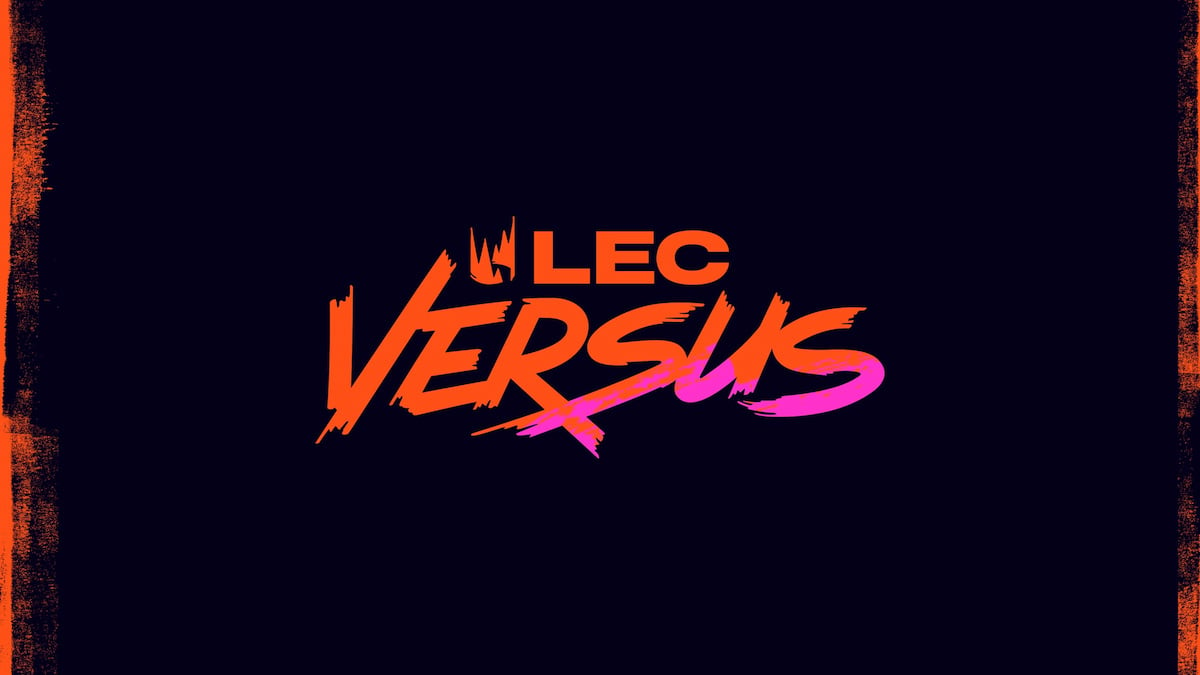
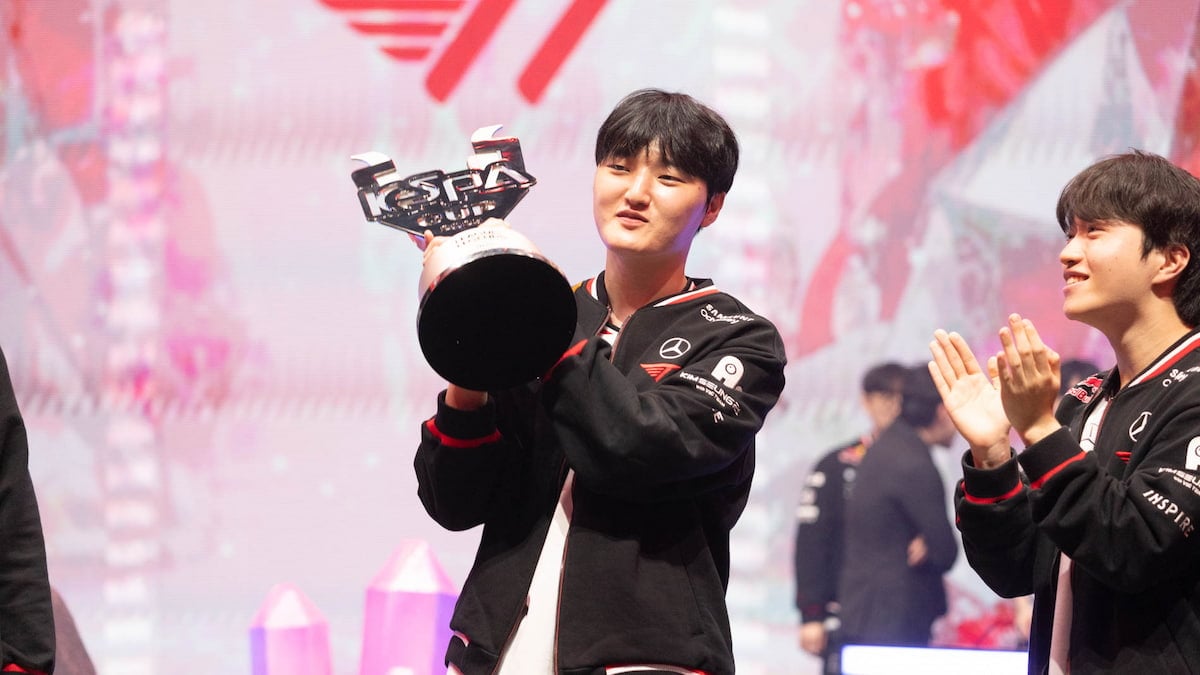
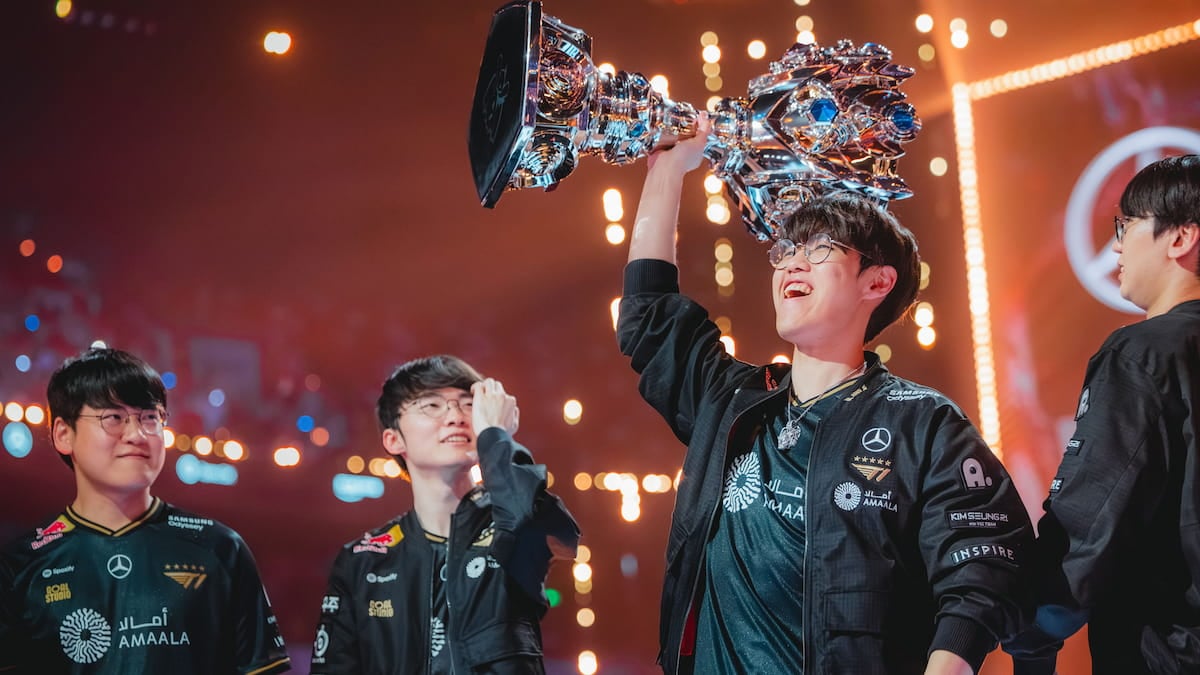
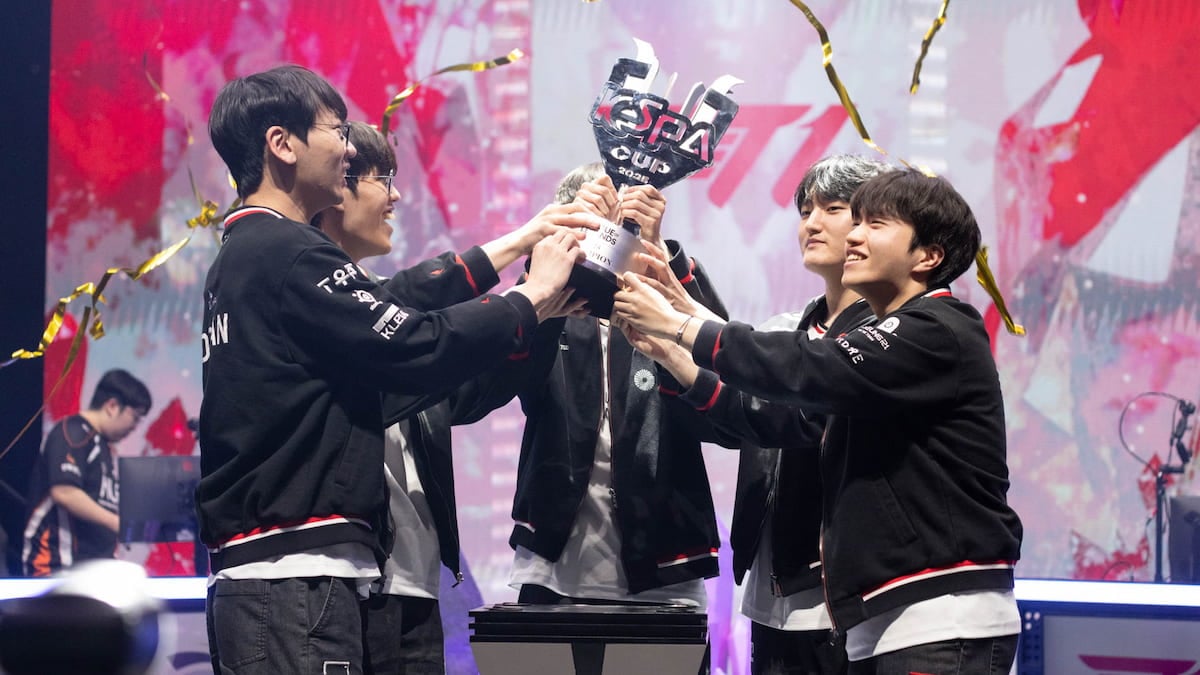
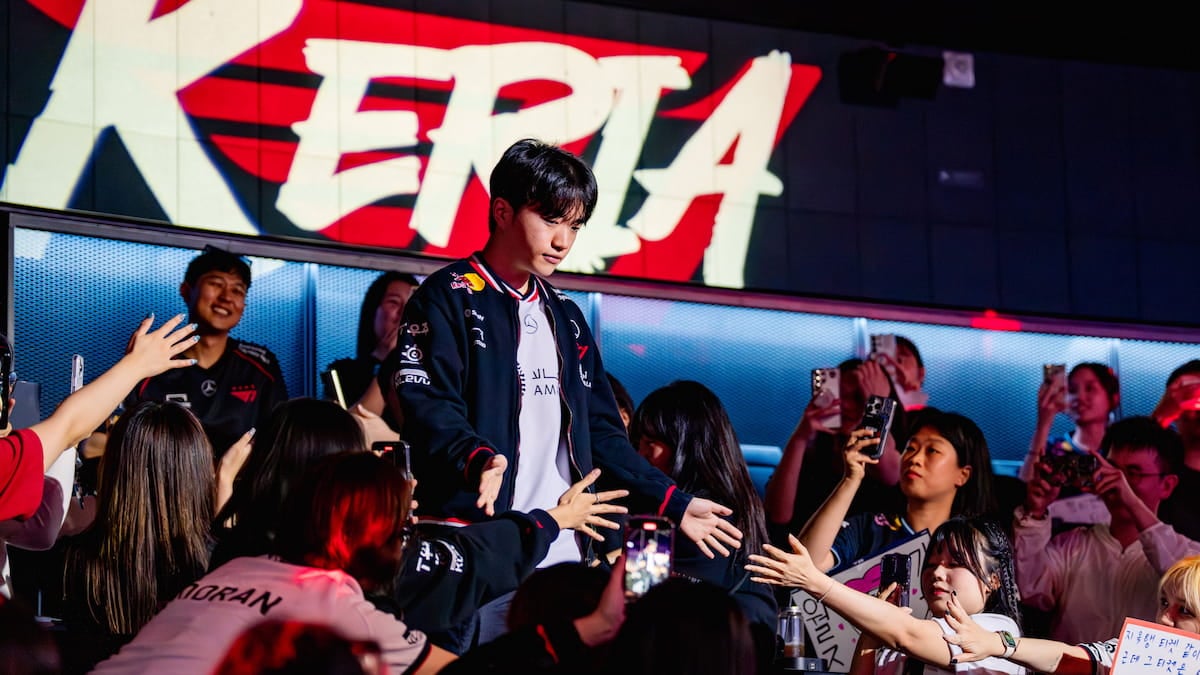
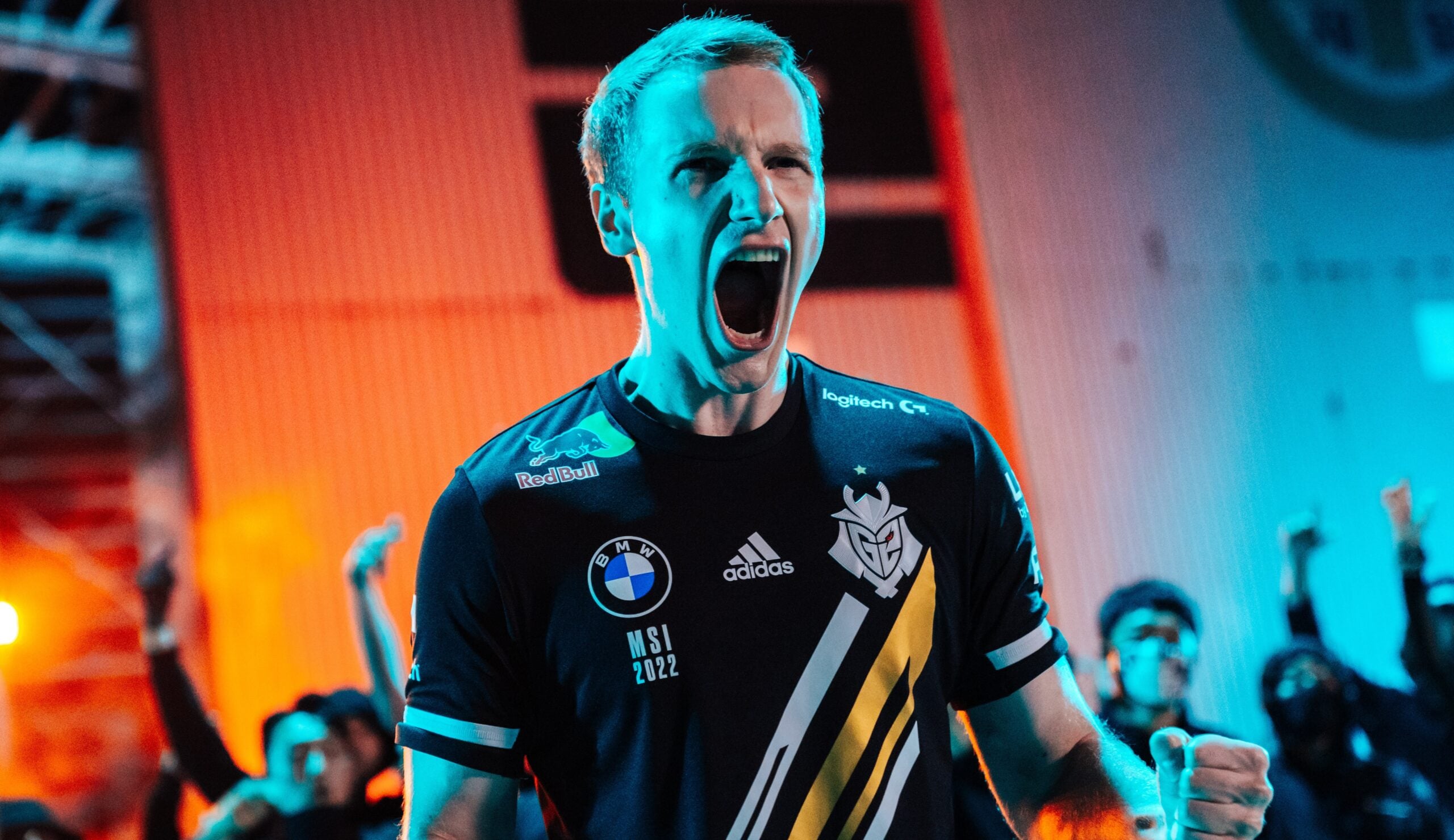
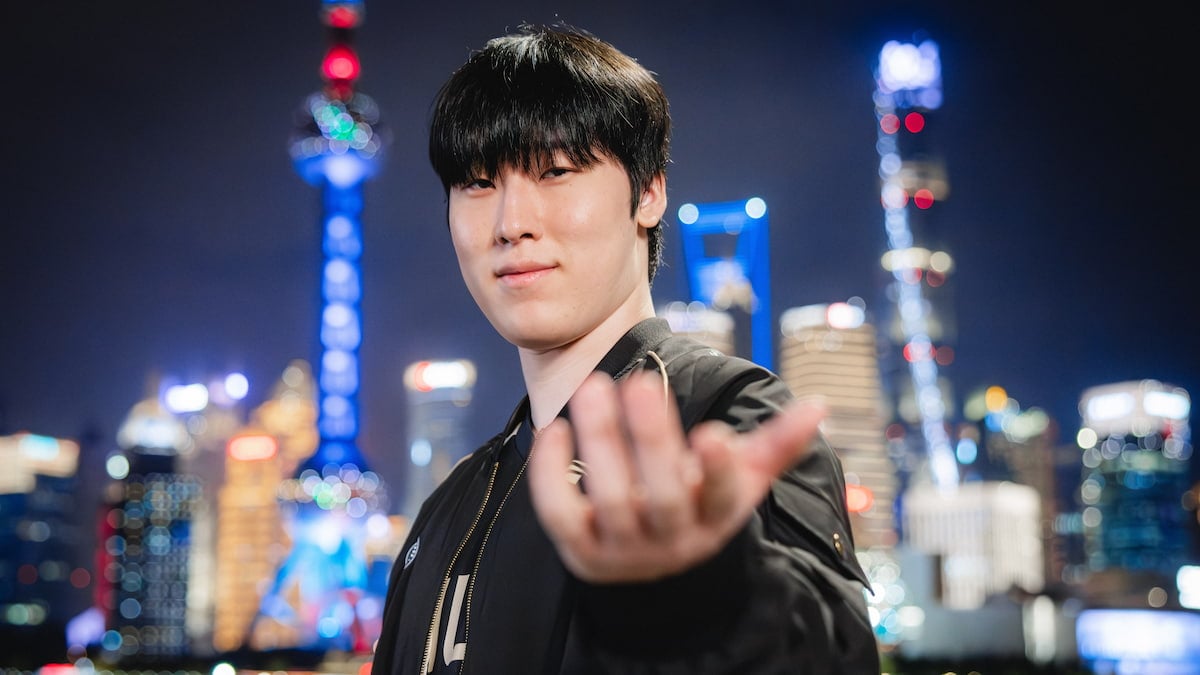
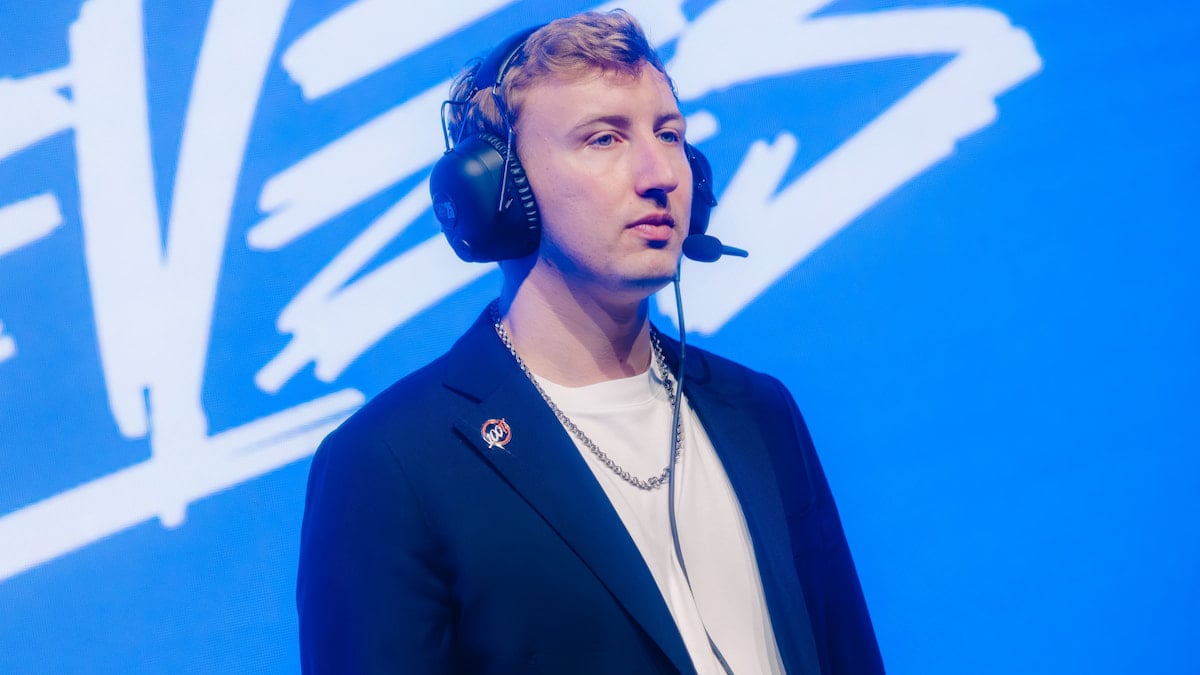
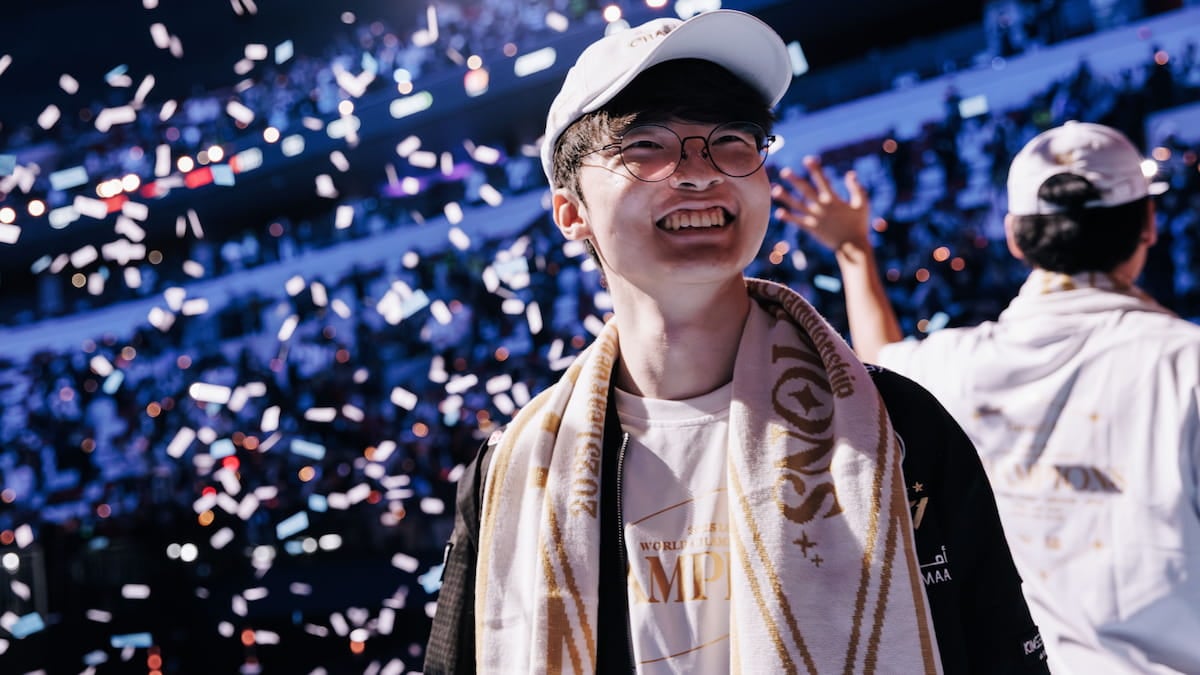
Published: Sep 4, 2014 04:28 pm